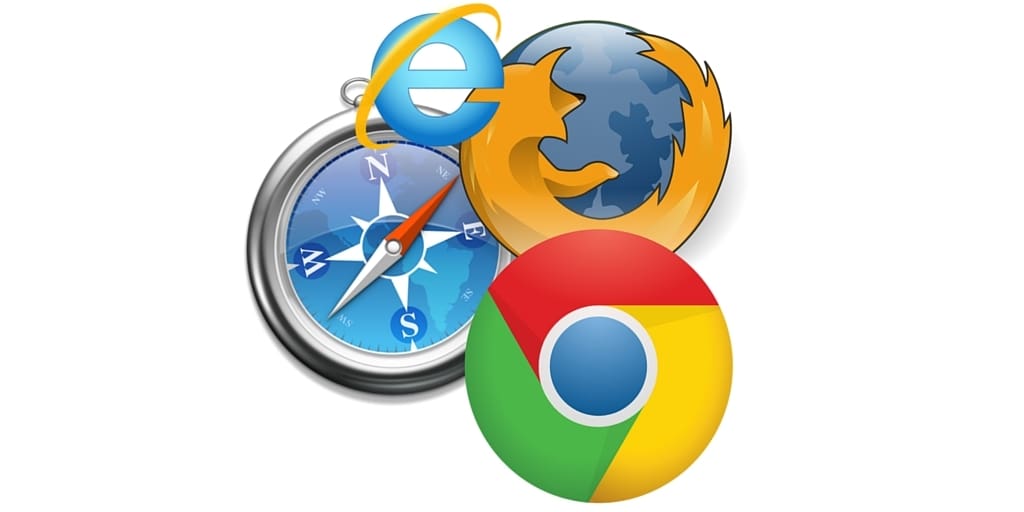
Have you ever wondered exactly how dynamic and powerful Google’s search engine is? Most of us do not think about the sheer size and powerhouse this engine has become. We simply type in a word, phrase or question, and within seconds pages and pages of finite data are served up.
So what does this evolution look like?
Internet live stats tells a pretty amazing story. Google now processes more than 40,000 search queries a second, which translates into 3.5 billion searches per day and 1.2 trillion searches per year worldwide.
“When Google was founded in September 1998, it was serving ten thousand search queries per day (by the end of 2006 that same amount would be served in a single second). In September 1999, one year after being launched, Google was already answering 3.5 million search queries daily.”
“Who cares,” you say. But think about this from your business’s perspective. With all these searches, how do you stand out? What do search engine results mean, and why should you care?
The most important thing to remember is consumers have become accustomed to using these searches to find information to make purchasing decisions, thus affecting your business. The age-old requirement was to be listed on the first page of a Google search, sit back and watch your web traffic increase. This may be a thing of the past as Google tests new algorithms and formulas for searches.
These new tests will help narrow focus and pinpoint exactly the information a person is seeking. Relatively new implementations such as The Knowledge Graph change the way we should look at searches. The Knowledge Graph defines and serves up more meaningful results. Not everyone is searching for just a web page; we are asking questions, exploring, learning and discovering new things. This program allows the search to query what others have explored before you and deliver credible information for your search.
So how does it work? Let’s look at this example from Google:
“Language can be ambiguous — do you mean Rio the city, the movie or the casino?”
With the Knowledge Graph, Google can understand the difference, helping you more precisely express what you mean as you enter your search.”
We are now starting to see answers to our questions before we are even done typing them. This allows us to filter out irrelevant results and dig deeper into the exact topic we are exploring. The best thing about these searches is you can search from any device at any location and time.
Try this with your business and see what results you receive. Is it what you expected? Can you think of other ways people may be searching for your products or services?
By subscribing to our newsletter, you agree to our Privacy Policy.




